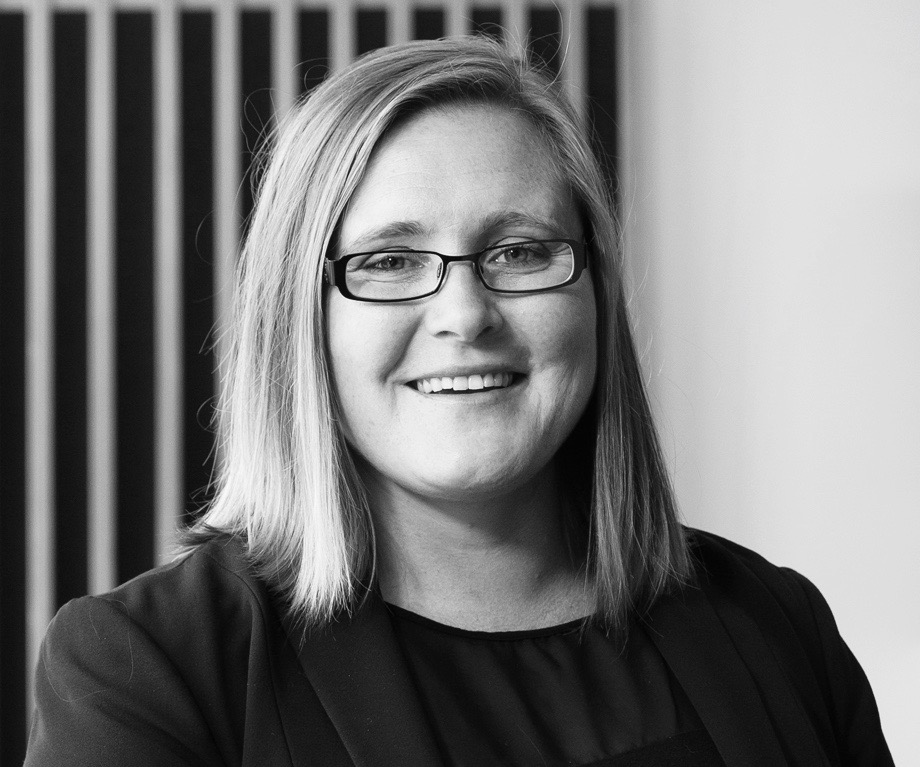Oorala Research Seminar 2021 - Monday 31 May
What reconciliation means to us: sovereign futures and settler education systems
Presented by Ass. Prof. Nikki Moodie as part of our Reconciliation Week program
Over the past 30 years, Australian educational systems at all levels have embraced the idea of reconciliation. The Australian Curriculum, pedagogical practices and qualification standards, particularly in the compulsory schooling system, include greater recognition of Indigenous people and issues than ever before. The Reconciliation Barometer now tracks public sentiment on how reconciled Australians feel, and large public institutions and businesses - from hospitals and universities, to mining companies and private prison operators - have Reconciliation Action Plans. The promise of reconciliation held by this discursive shift is a future in which the relationship between Indigenous and non-Indigenous people is harmonious and equitable.
The role of education systems in creating this reconciled future is a powerful one, yet it often relies on a rhetoric of innocence and childhood, casting into the future the settler state’s responsibility for addressing injustice in the present moment. As we mark a generation since the Royal Commission into Aboriginal Deaths in Custody, and a generation of the political compromise we now know as ‘reconciliation’, it is timely to consider what purpose this idea serves those who remain the most incarcerated peoples on earth.
In considering the political purposes to which the idea of reconciliation is put, our mechanisms for assessing progress towards this goal, and the role of schools and universities in educating those who carry the work of reconciliation into the future, it is necessary to interrogate the power of an idea that seems to promise so much and deliver so little. The terms on which reconciliation proceeds can only be those determined by Indigenous peoples. Understanding what reconciliation means to us, and the processes through which we as sovereign peoples determine that meaning, offers a way through the infantilising nature of much reconciliatory discourse.
What reconciliation means to us: sovereign futures and settler education systems
Ass Prof. Nikki Moodie
 Associate Professor Nikki Moodie is a Gomeroi woman and sociologist based at the University of Melbourne. Nikki holds a Bachelor of Arts with Honours in Political Science from the University of Queensland, and a PhD in Sociology from the Australian National University. After an early career in the public service, she moved into research focusing on higher education, social networks and Indigenous governance. Nikki is the current Program Director of the Atlantic Fellows for Social Equity, a 20-year philanthropic program focused on Indigenous-led social change.
Associate Professor Nikki Moodie is a Gomeroi woman and sociologist based at the University of Melbourne. Nikki holds a Bachelor of Arts with Honours in Political Science from the University of Queensland, and a PhD in Sociology from the Australian National University. After an early career in the public service, she moved into research focusing on higher education, social networks and Indigenous governance. Nikki is the current Program Director of the Atlantic Fellows for Social Equity, a 20-year philanthropic program focused on Indigenous-led social change.

